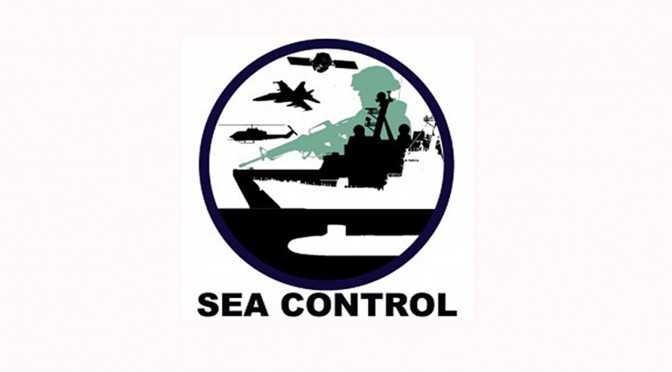By Jared Samuelson
Dr. Krista Wiegand joins us this week to discuss her piece, with coauthor Hayoun Jessie Ryou-Ellison, for Norwich University’s Journal of Peace and War Studies, “U.S. and Chinese Strategies, International Law, and the South China Sea.”
Download Sea Control 213 – U.S. and Chinese South China Sea Legal Strategies with Dr. Krista Wiegand
Links
2. “How Biden Should Handle the South China Sea Disputes,” Dr. Krista E. Wiegand, War on the Rocks, Nov. 24, 2020.
3. “U.S. and Chinese Strategies, International Law, and the South China Sea,” Dr. Krista E. Wiegand and Hayoun Jessie Ryou-Ellison, Journal of Peace and War Studies, 2nd edition, October 2020.
Jared Samuelson is the Senior Producer of the Sea Control Podcast. Contact him at [email protected].


Isn’t it a fact that the Chinese have always tried to make their enemies defend ever wider areas of territory, both psychological and material.
With the US ever more occupied with the idea of building larger fleets, and military hardware of all kinds, China concentrates on global infrastructures and commercial contracts, as well as posing threats via military disputes on borders (such as India’s) and using the South China Sea as a Feint, a Distraction, as well as a tying down of international territory “inch by inch”.
Time is what the Chinese are adept at gaining, They are busy looking for advantages elsewhere. Consolidating positions, buying, or gaining land, by loans-default, in foreign places, and which is then viewed by them as “sovereign”.
War is not something they want, but they are using their enemies predispostion to think about it. Of course that is dicey, More moving parts means greater chance of Mistake by either side.
Personally, it all gives me the willies